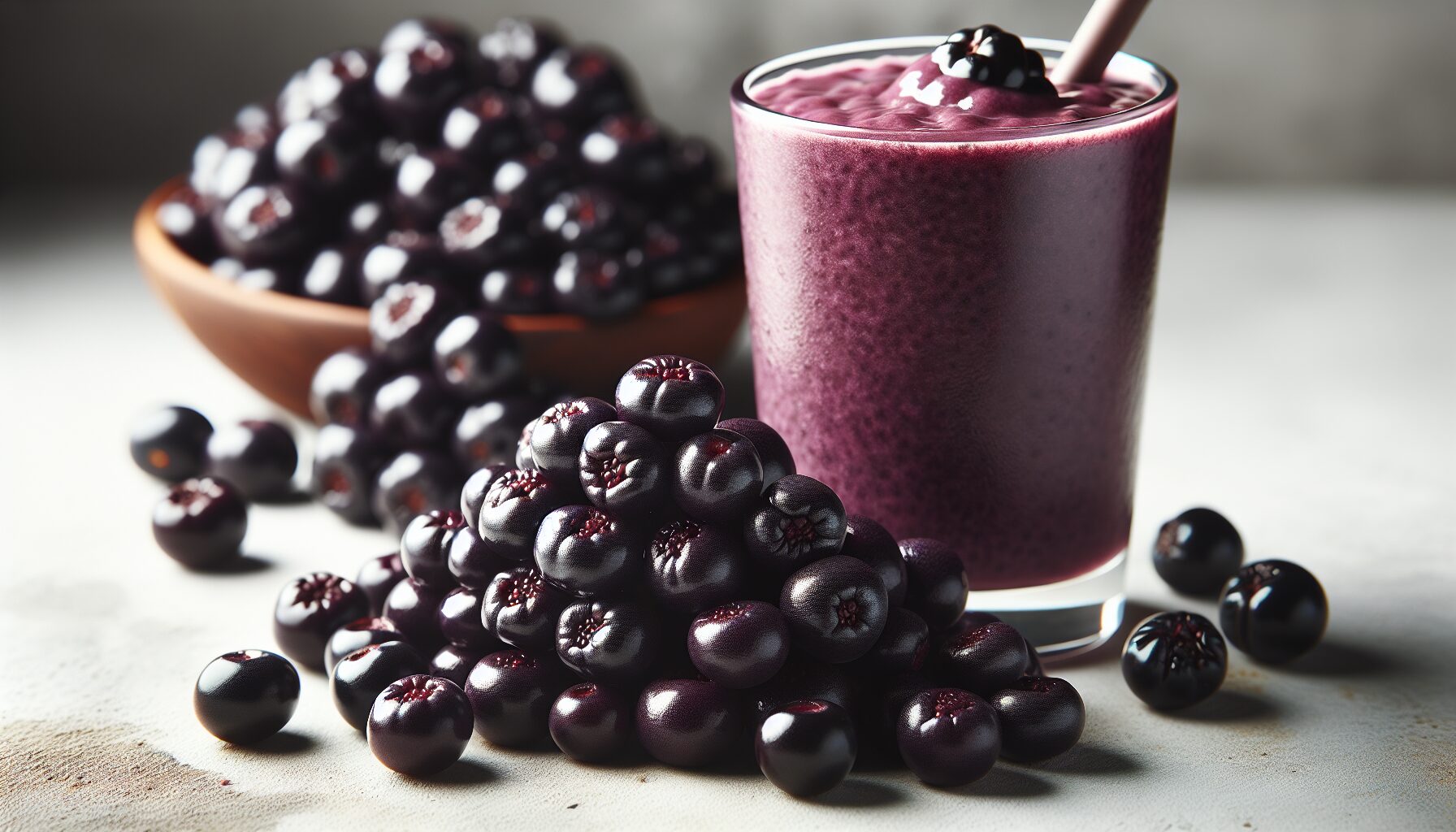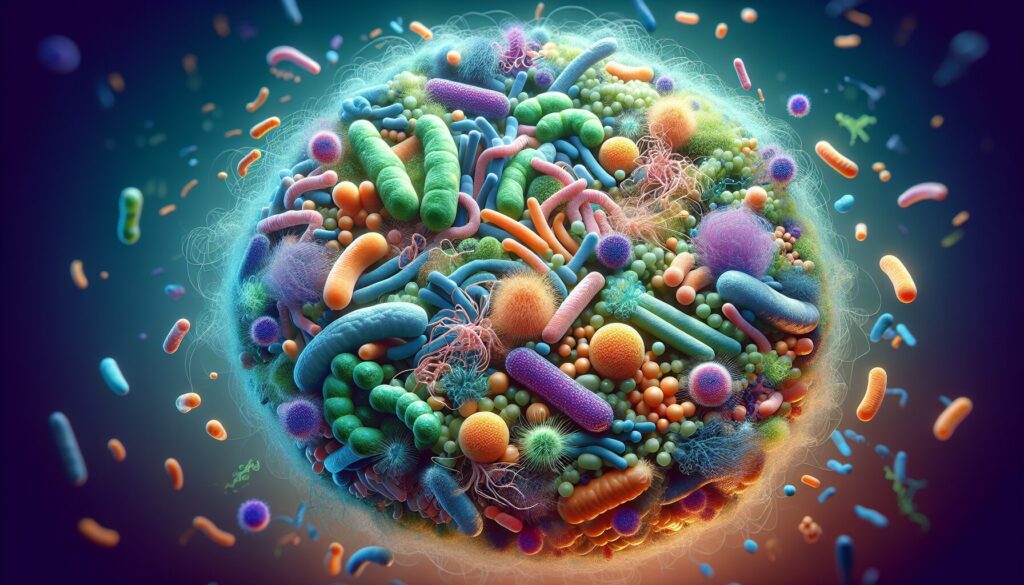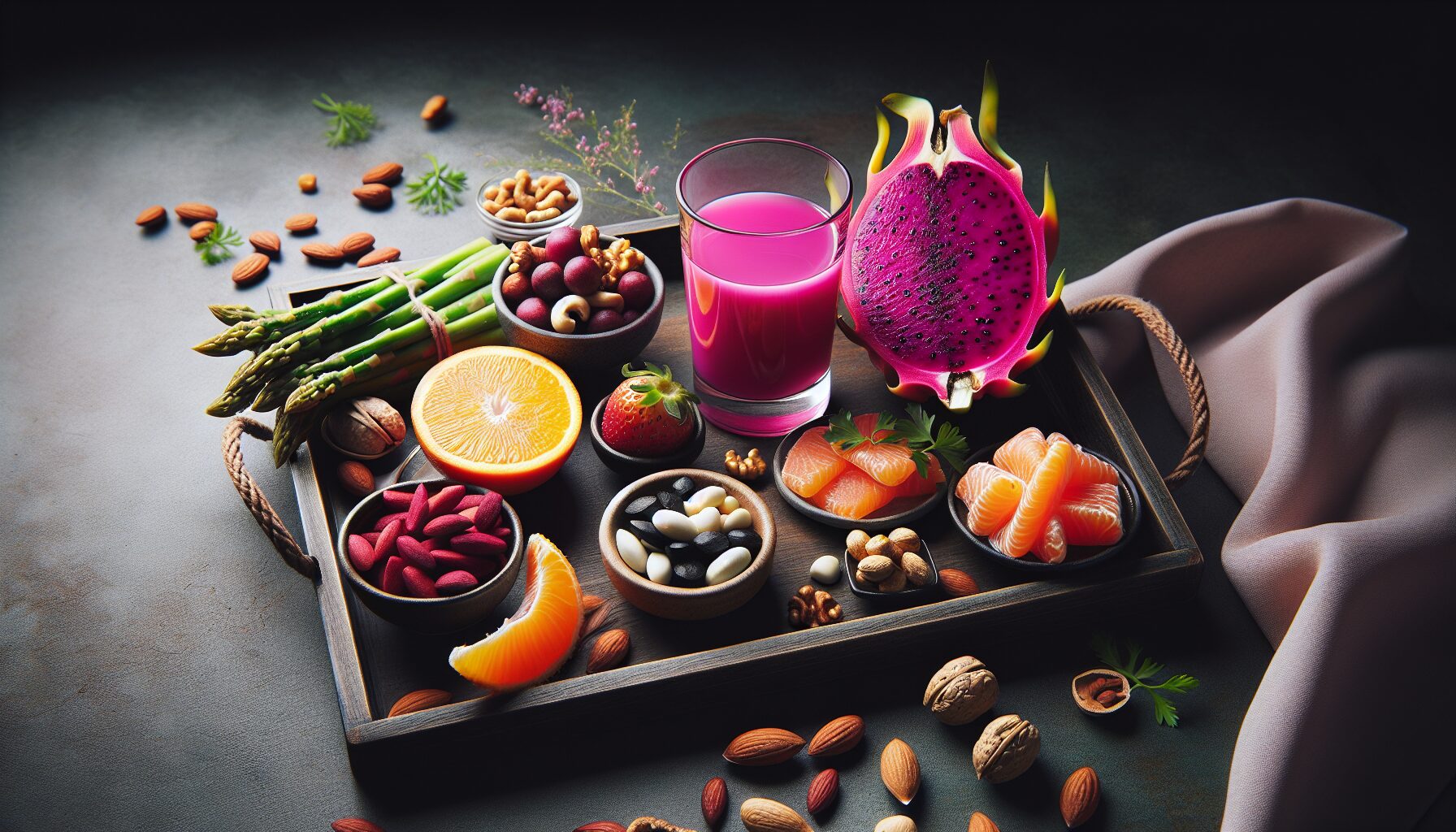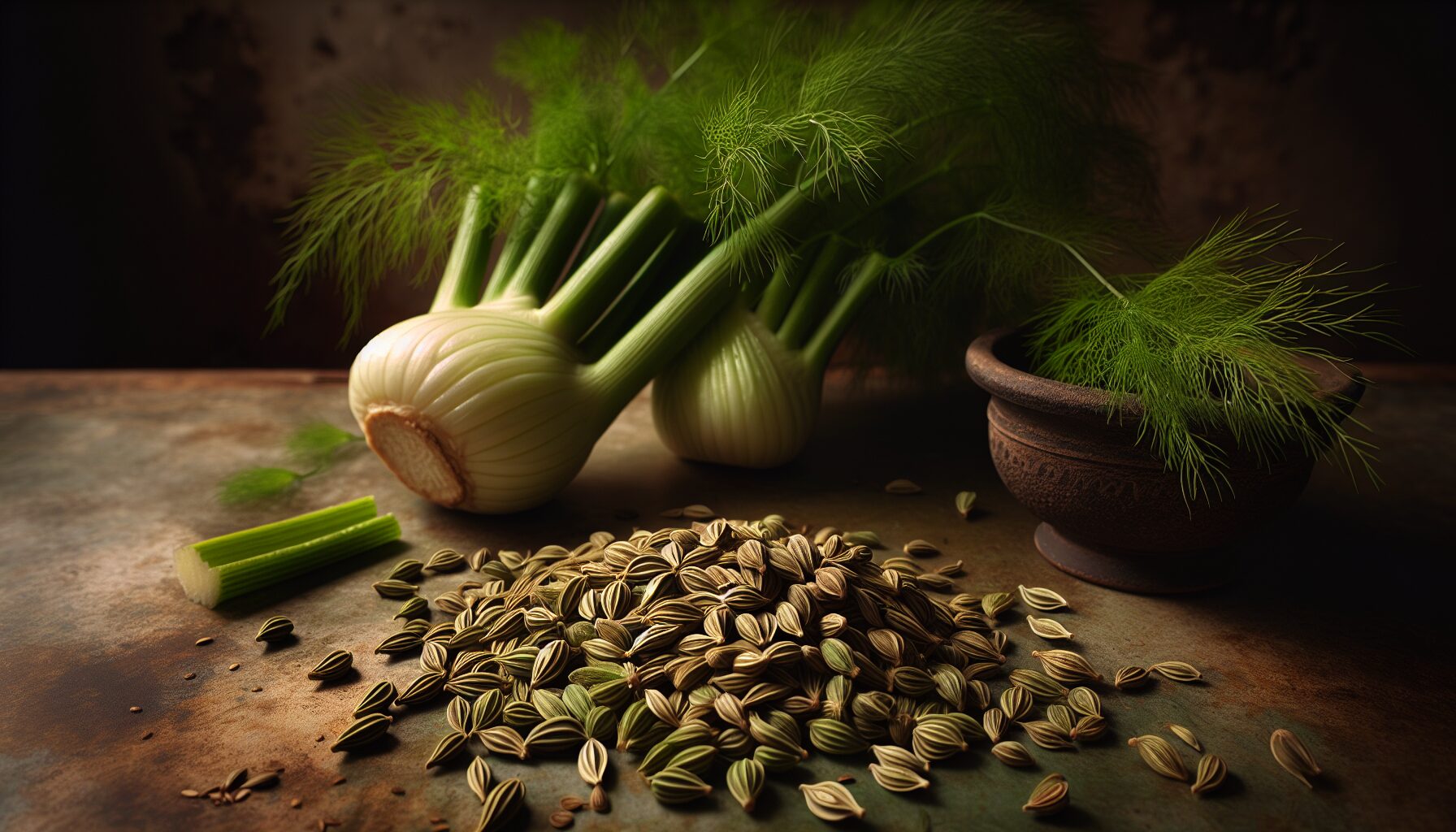
Acai Berry Benefits
The acai berry is recognized for its nutritional benefits and is originally native to Central and South America. Acai berries grow from a palm like tree known as an acai tree. This fruit is a cult classic in the Americas, with many health promoting qualities that are attributed to its diverse phenolic content. To keep up with the increasing global demand for acai berry, Brazil has become an important exporter of this fruit.
There are various phytochemicals specific to acai berries in the pulp, fruit and skin of the acai berry. These compounds are generally considered to be anti-inflammatory and healing. This is because of their natural antioxidant capacity, with some phytochemicals being much stronger antioxidants than others.
The acai berry is also a source of many different minerals and vitamins. These include vitamin C, potassium and sodium. Some of these minerals are important electrolytes that can assist with optimal recovery post intensive exercise. Acai berries also have a low glycaemic content, being low in natural sugars, so can be considered to contribute to a healthy and varied diet. Your body requires a certain base amount of natural sugar to sustain optimal functioning. While restricting sugar levels has become a wellness trend, without some natural sugars your heart would stop.
In this article we will consider the potential health benefits of the acai berry and how they could help to support with a healthy diet.
Vitamin C
The Vitamin C content of acai berries is about 40mg per 100 grams of acai berries. This figure is taken from an acai berry juice. Your RDA of vitamin C is 90mg, for men, or 75mg, for woman. This means acai berries provide nearly half of your RDA in a 100 gram serving.
Vitamin C is one of the most important antioxidants in the body and helps to maintain levels of glutathione. Glutathione is considered by researchers to be the most powerful antioxidant in the body.
Antioxidants are so important because they support healthy metabolic processes and prevent premature ageing within the body or skin. Because of the water-soluble nature of vitamin C, it accumulates all over the body, which has a high water content. It is very difficult to overdose on vitamin C, which is recognised as being non-toxic.
Vitamin C plays an important role in neutralizing harmful free radical molecules that can cause cancers and damage body tissues. Free radicals can cause lots of issues, promoting inflammation in the body, accelerate ageing and potentially cause cancers too. DNA damage can cause cancer, antioxidants prevent these events by intercepting energetic free radical molecules. Antioxidants can also support healthy skin appearance by preventing damage to cell membrane fatty acids, such as those found in the skin.
Vitamin C is a particularly important vitamin because of its role in supporting immune system functioning and wound healing. Vitamin C helps with optimal immune cell production, including T-killer cells which can neutralize pre-cancerous cells.
Acai Berry And Skin Health benefits
Collagen is essential for optimal wound healing. Collagen forms a base for connective tissues in the body. Vitamin C plays an important role in enhancing collagen synthesis and therefore helping with wound healing. Collagen, as part of connective tissue, is a vital component of the skin. Collagen complexes form around 30% of the body’s total protein composition. Various studies show how important collagen is for maintaining healthy looking skin. Not just as an antioxidant, but also as a collagen supporting vitamin, vitamin C could help to encourage more youthful looking skin. Acai berry face creams are being explored as a potential topical cosmetic, having potential benefits for the skin, because of their rich and bioactive antioxidant content.

Acai Berry Phenolics
Phenolic compounds are strong antioxidants, because of their structure. As antioxidants, phenolics play a similar role to the antioxidant vitamin C. The phenolics within acai berry have many potential health benefits.
Central to all antioxidants is an ability to prevent oxidative damage within the body. This is an important health benefit for animals in particular, who struggle to make natural antioxidants by themselves. Reducing oxidative damage is quite important for preventing various chronic diseases from developing.
Research suggests that acai berry may have anti-inflammatory activities, through reducing pro-inflammatory cytokine activity. This disease preventative action and benefit is largely thought to be due to acai berry phenolics. Neuroinflammation is also a huge issue as we age, acai berry phenolics have been observed to protect nerve cell health. Neuroinflammation is generally caused by oxidative stress build up and can lead to depression.
The acai berry is thought to have preventative actions on ageing, cancer, atherosclerosis of blood vessels and also antimicrobial effects. Research with acai polyphenols concludes that they can inhibit harmful bacteria including Pseudomonas aeruginosa. Most researchers have found that these preventative actions are due to the strong antioxidant capacity of acai polyphenols. There is a huge connection between the antioxidant capacity of acai berry and its phenolics.
The acai berry may also have organ protecting properties, having been shown to attenuate oxidative liver damage. This is likely because of acai phenolics and their antioxidant effects on body tissues. Some polyphenols or polyphenol derivatives found in large quantities in the acai berry include anthocyanins, proanthocyanidins, lutein, ferulic acid, vanillic acid, syringic acid, catechin and quercetin. These are all widely known polyphenolics that can be found in high quantities in fruits and they play an important role in the health promoting properties of acai berry.
Vitamin E
Vitamin E is another essential antioxidant that the body needs, specifically for preventing cell membrane damage. You need about 17mg of this fat-soluble vitamin every day, depending on if you are male or female. While there are age related differences in vitamin E requirements too.
This vitamin is needed to prevent free radical damage to cells, particularly to fatty acids, while vitamin E may assist with reducing blood vessel damage, known as atherosclerosis, from oxidised fatty acid plaques. Clinical studies suggest that foods rich in vitamin E could result in a 20%-40% reduction in heart disease risk. Minimising fatty acid oxidative damage is considered to be an important factor in preventing pre-mature ageing.
The acai berry also contains 1.83mg of vitamin E per 100 grams of acai berries. This is a significant contribution to our overall vitamin E levels. Therefore, the acai berry may help to support with optimal heart health, while preventing the body from oxidative stress or damage.

Healthy Polyunsaturated Fatty Acids
Acai berry pulp contains polyunsaturated fatty acids. Polyunsaturated fatty acids form an important part of a healthy diet. Omega-3 is an example of a polyunsaturated fatty acid. They are an essential part of all of our tissues and skin too. A major issue with fatty acids is rancidity and their oxidative status when they are absorbed, the acai fruit is protective of these damages.
Acai berry has been shown to improve HDL levels, while reducing LDL levels. Thats could be due to a combination of healthy fats and antioxidants. This supports optimal cardiovascular health, reducing risk of strokes and heart attacks. Acai berry may also lower blood pressure through a similar action.
Acai berry offers a rich source of lipids, or polyunsaturated fatty acids. Together with antioxidants, they can help to support optimal heart health. They may also support optimal skin health through providing a healthy source of fatty acids.
A clinical study showed that when patients consumed an acai smoothie, their vascular flow increased significantly. While they also experienced reduced oxidative stress. Patients taking 500mg of acai berry supplement twice a day in one trial experienced a significant reduction in blood pressure.

Potassium And Sodium Electrolytes
Clinical trials with the acai berry have found that they support optimal recovery from intensive exercise and may have benefits for people living an active lifestyle. They may have body tissue protective properties that promote optimal heart, kidney, liver and digestive health. While much of this may be attributable to the high antioxidant content within acai berries, that protects the body from oxidative damage and stress, electrolytes may also contribute.
Electrolytes are minerals that are vital for optimal neuromuscular health and intercellular communications. Key body electrolytes include calcium, magnesium, potassium and sodium. Cellular communication is really important within the body. This is simply because your cells are constantly responding to various inputs from within and externally, then processing appropriate tissue maintenance responses.
Acai berries are source of the electrolyte potassium. They contain 98mg of potassium per 100 grams of acai berries. They are also a source of sodium, providing a decent contribution to our overall electrolyte levels. Studies also suggest they contain significant levels of magnesium and calcium.
During heavy physical exertion levels of electrolytes drop and they need replenishing. This may be one reason why clinical trials with acai berries show that theyhave cardioprotective properties, protecting and helping the body to recover from intensive physical exertion. Drinking 300ml of freeze-dried acai fruit reduced time to exhaustion during intense exercise, reducing metabolic stress during exercise.

Vitamins B1 And B6
Acai berries are thought to contain significant amounts of the energy supporting vitamins B1 and B6. These are cofactors that support important reactions in the energy production cycle.
The B vitamins are a collective family of ancestral vitamins that are absolutely critical to normal energy production. They are present in bacteria, plants and animals and we need them regularly to support optimal mitochondrial health. Energy production is severely limited without these essential vitamins and deficiencies can lead to mental fatigue, severely reduced memory and brain functioning.
Vitamin B1, or thiamine, is thought to be able to contribute to normal energy production and reduce levels of physical fatigue. Vitamin B6, or pyridoxine, is a little like B1 in that it also supports normal energy production from glucose, boosting energy levels and protecting against fatigue. It maintains optimal methylation of homocysteine and ensures optimal cognitive health.
Through supplementing the body with more Vitamin B1 and B6, the acai berry could be have benefits in support optimal energy levels within the body. They may also help to reduce fatigue.
Dietary Fibre
Acai berries may support optimal gut bacteria levels because of their high dietary fibre content. They are high in dietary fibre and fairly low in starchy sugars compared to other fruits.
Dietary fibres are usually complex polysaccharides from fruit cell walls, found in significant amounts in the pulp of acai berry. Our gut bacteria absolutely love dietary fibres and thrive on them in our guts. While we can’t digest dietary fibre, our gut microbes can. This encourages the beneficial gut bacteria that live in our intestines to thrive and this encourages optimal gut health. Dietary fibres are therefore prebiotics, encouraging optimal growth of bacteria.
Beneficial gut microbes are thought to have a massive influence on our health from supporting the immune system to lowering inflammation in the body. While they may also play an important role in supporting optimal brain health. Acai berries can form part of a healthy diet rich in natural sugars that also support optimal gut health.

Summary
Acai berries are recognized for their nutritional benefits, having health promoting potential. Their specific phenolic compounds seem to be central to this, with many of the nutrients within acai considered to be antioxidant, anti-inflammatory or healing.
The vitamin C content of acai berries is fairly high. This is one of the most important antioxidants in the body and may help to prevent premature ageing. While maintaining optimal levels of antioxidants like glutathione. Vitamin C may also promote more optimal levels of collagen and therefore optimal skin health. As a topical cosmetic, acai berry face creams have potential.
Acai berry phenolics are also antioxidants, capable of reducing oxidative stress and inflammation. Acai berry phenolics have been observed to protect nerve cell health, while they may also have preventative actions on atherosclerosis of blood vessels. Most researchers have found that these preventative actions are due to the strong antioxidant capacity of acai polyphenols.
Vitamin E is found in acai berries and can also help to prevent free radical damage to cells. Foods rich in vitamin E could result in a 20%-40% reduction in heart disease risk. Minimising fatty acid oxidative damage is important for preventing pre-mature ageing.
Acai berry pulp contains healthy amounts of polyunsaturated fatty acids. Acai berry has been shown to improve HDL levels, while reducing LDL levels. When patients consumed an acai smoothie, their vascular flow increased significantly. Clinical trials with acai berries have found that they support optimal recovery from intensive exercise. Acai berries provide key body electrolytes that support optimal muscle health. Acai berries can also support optimal gut bacteria levels because of their high dietary fibre content.
Overall acai berries contain many different nutrients that could help to support an active lifestyle.
For more interesting articles, see the main articles page.





